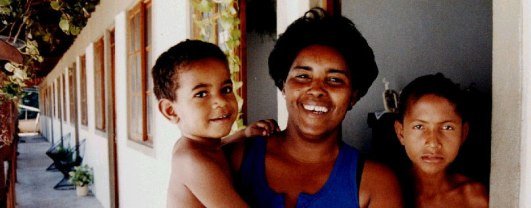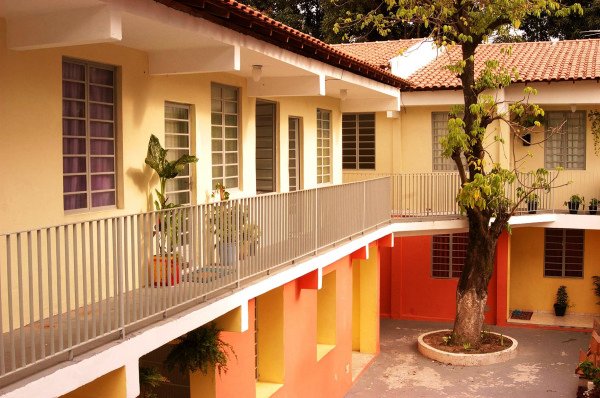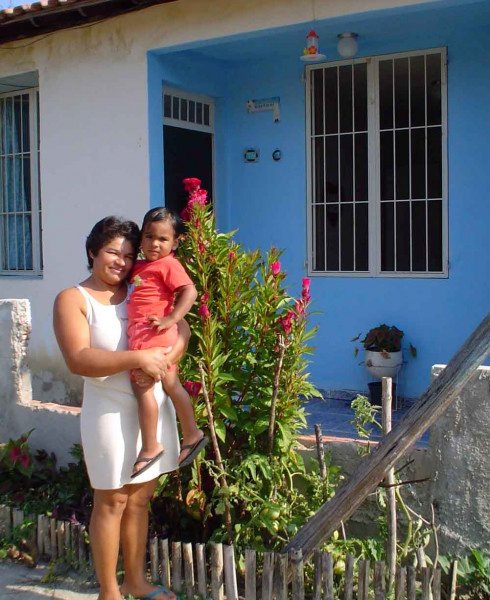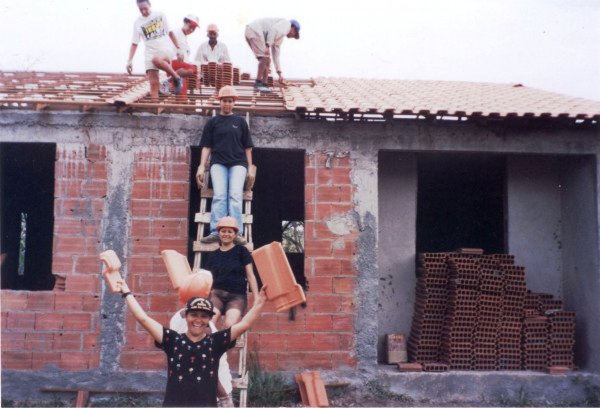The Bento Rubião Foundation (FBR) in Rio de Janeiro has improved the lives of over 15,000 families through its Right to Land and Right to Housing programmes. These initiatives help low-income families gain secure land tenure, build affordable homes, and participate in community-led urban development.
FBR focuses on families living in favelas or in precarious conditions, often without legal land ownership or basic infrastructure. Its Right to Land programme provides legal and urban support to prevent evictions and formalise land tenure, benefiting over 11,000 households. The Right to Housing programme supports cooperative home construction through mutual aid, where residents contribute labour and pay into a revolving fund that finances future projects. These homes are 30–50% cheaper than standard social housing, use local materials, and are designed with good ventilation and natural light.
The programmes emphasise community participation, from planning to construction and management. Residents gain construction skills, and many, including women, have secured jobs in the building sector. Collective land ownership and self-management foster a sense of belonging and long-term sustainability.
Environmental efforts include waste separation, small-scale biogas production, community gardens, and green spaces. Financially, the revolving fund and partnerships with government and international donors make housing affordable for families earning as little as $258 per month.
Socially, the project strengthens local organizations, builds leadership, and influences housing policy at municipal and national levels. Despite challenges such as bureaucracy, urban violence, and poverty, the initiative has reduced vulnerability, improved living conditions, and inspired other communities in Brazil and Latin America to replicate its approach.











